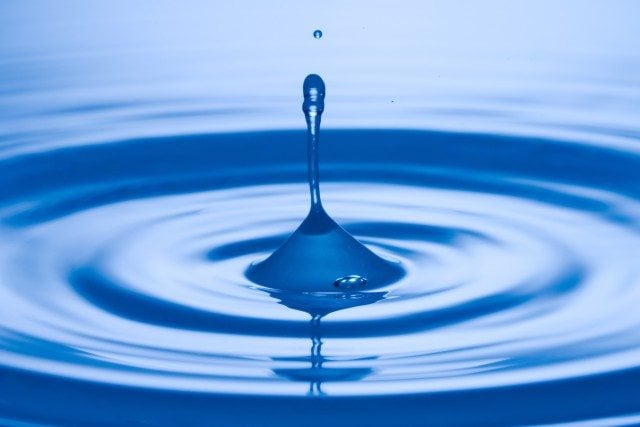A water disinfectant company has successfully eliminated Legionella from a South Australian hospital’s water supply using a pH neutral electrochemical solution, which can also be used to disinfect food.
Ecas4 technology was installed at the North Eastern Community Hospital in May 2016 to eradicate pathogens such as Legionella from the hospital’s water supply.
The technology has since removed systematic Legionella contamination of the hospital’s water distribution system and cut its gas bill by one third (about AUD7,000 [US$5,448.45] a month).
The technology produces a pH neutral and electrochemically active disinfectant without the use of toxic chemicals using a patented membrane electrolytic reactor system.
The reactor features allow the typical synthesis of a neutral Anolyte (pH 7), which eliminates pathogens and biofilm when injected into water pipes.
The treated water can be used for drinking, cleaning and manufacturing purposes at any temperature.
Ecas4 director Tony Amorico said the reactor system was designed to produce a highly reliable disinfectant for use across the health and agricultural industries.
“Our technology produces an aqueous solution with neutral pH,” he said.
“All the parts involved in the synthesis have been optimized to guarantee the safety of the final user.”
The South Australian-based Ecas4 company bought the technology off Italian designers in 2007, and have since increased the reactor’s capability from 80L/h up to 160L/h.
The active agent concentration in the solution has also increased.
Amorico said the company has also recently expanded into the food services industry.
“We are providing services to seafood, and fruit and vegetable shops and are now working on a program in child care centers to reduce the spread of pathogens for surface sanitation using a dry fogging system,” he said.
A joint study with researchers from the University of South Australia and University of Adelaide found the Ecas4 treatment extended the shelf life of Southern Australian King George Whiting and Tasmanian Atlantic Salmon fillets by two and four days respectively.
The study also found the application of Ecas4 significantly reduced total bacterial load and specific spoilage organisms on the fish.










